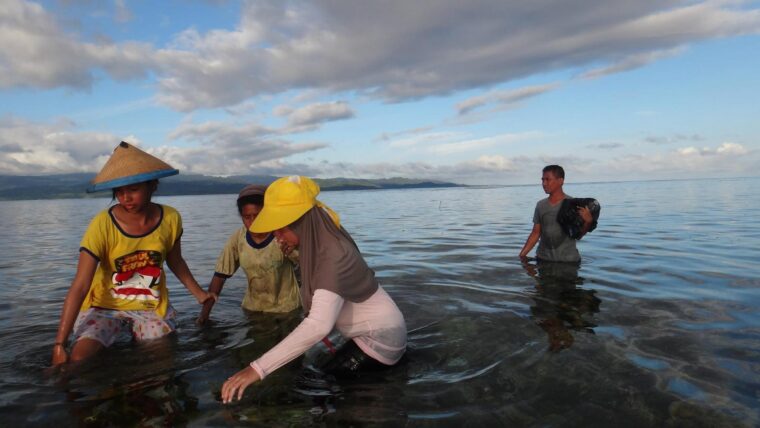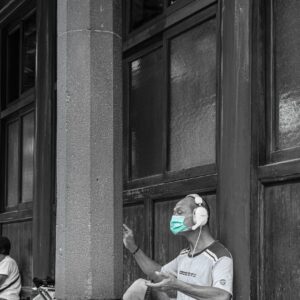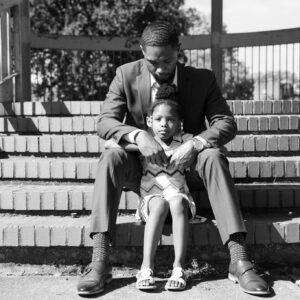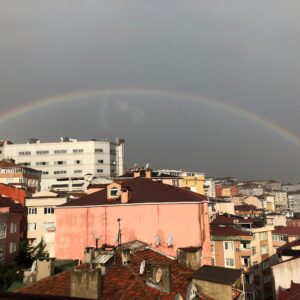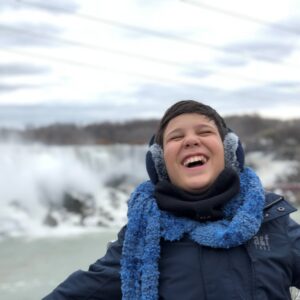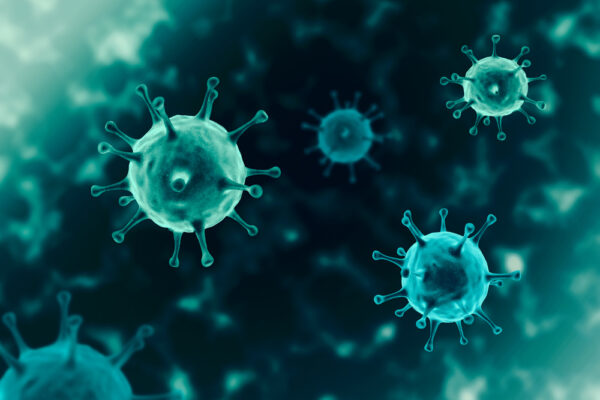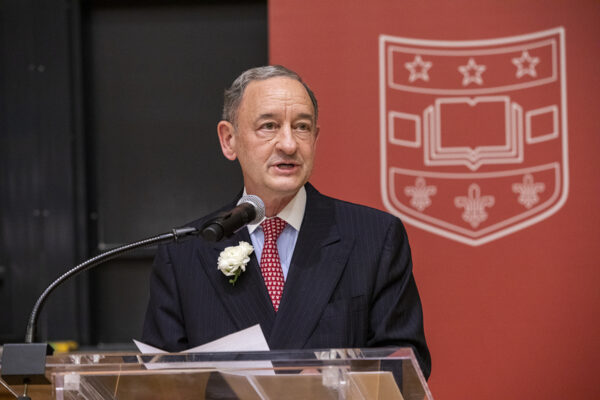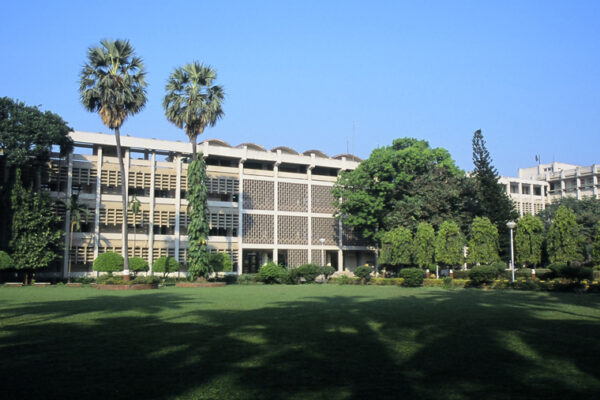The COVID-19 pandemic has drastically changed the ways we learn, collaborate and stay in touch — especially with colleagues around the world. It also has exposed other enormous societal fissures, including disparities in health care, socioeconomic inbalance and racial inequities, in our region, country and globally.
While these are unprecedented times, full of difficulty and uncertainty, they also present the opportunity to develop innovative, lasting and positive change. It’s in this spirit that the 8th McDonnell International Scholars Academy Symposium will proceed.
The biennial meeting, which brings together leaders from all 35 academy partner universities, was to be held in St. Louis this year. While the planned series of in-person discussions and research workshops will shift to a later date, a virtual global town hall will be held Oct. 8 and include researchers and colleagues from Washington University and around the globe. The focus is hope in a time of uncertainty.
“Research universities play a critical role in helping to understand the world around us, and that’s especially needed now,” said Kurt Dirks, director of the McDonnell International Scholars Academy and vice chancellor for international affairs.
“The work we embark upon together has never been more important as we seek to mitigate and learn from the current global crisis. The symposium’s focus on hope is powerful and matches the spirit of the universities, faculty and students in the McDonnell Academy.”
“Many people from many countries are working hard to create a brighter future. Their energy provides optimism and emboldens us to push forward, together.”
— Kurt Dirks, director, McDonnell International Scholars Academy
The global town hall will feature a panel of leading academics and experts from around the world — and across disciplines — exchanging candid and diverse views about the pandemic’s societal effects in their own communities and offering reasons for hope moving forward.
“I’ve been uplifted this year by the spirit of international cooperation that’s being directed at understanding and defeating this virus,” said Deborah Terry, vice chancellor and president of the University of Queensland. “The global expertise that’s being poured into solving this public health challenge is unlike anything humanity has ever seen. My optimism about the future is particularly based on seeing the work of the team here at the University of Queensland that is developing a potential vaccine for COVID-19.”
“When National Taiwan University, like other institutions in the world, was confronted by unforeseen challenges posed by the COVID-19 pandemic, it is the faculty and students’ commitment to teaching and learning, their faith in collaboration and the demonstration of resilience that give me hope for the future,” said Chung-Ming Kuan, president of National Taiwan University. “Without knowing what the future holds, the resilience I see in societies and the youth is what institutions like ours should invest in.”
John McDonnell, a Washington University life trustee and founding donor of the academy, said the intersection between science and globalization is also an area for optimism in this uncertain era.
“What gives me hope is the rapid advance of science across many fields and the inexorable, but slow and erratic, advance of globalization,” McDonnell said. “Those two forces can eventually provide the antidote to humanities’ unsustainable consumption of our planet’s resources.”
As part of the global town hall event, the academy also is sponsoring a “Hope and Resilience Around the World” photo contest. More than 170 evocative and moving submissions have been received, showcasing how WashU and its global partners are responding to current challenges with resiliency at home, in the classroom and throughout their communities. Visit the Symposium Snapshot website to view the submissions.
For more information about the global town hall and to register for the free Oct. 8 event, visit the McDonnell International Scholars Academy website.
The symposium will feature several other virtual events this fall, including a joint event with the Institute for Public Health that will take a closer look at hidden costs of the COVID-19 pandemic. View a complete list here.
